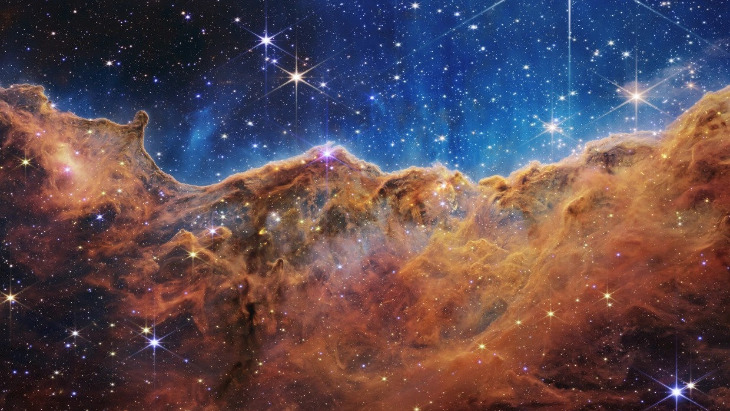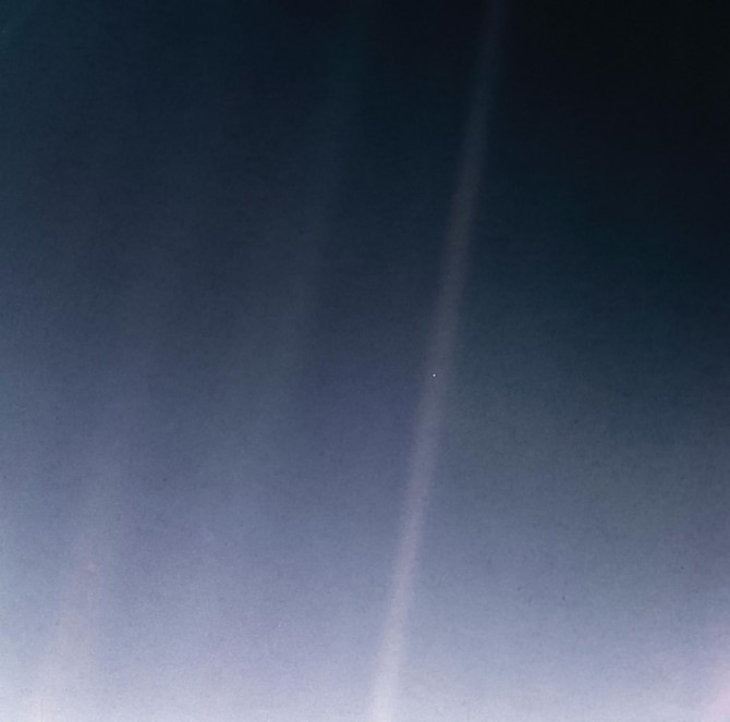 Passover’s Message of Hope in the Aftermath of Oct. 7
Passover’s Message of Hope in the Aftermath of Oct. 7


3 min read
This week the world continued its undying fascination with outer space. As the first images came in from the James Webb telescope (named after the man who ran NASA from 1961-1968) many were moved by the beautiful and remarkably sharp and colorful images of our visible universe. Many more marveled at the fact that these images are, counterintuitively, very ancient and actually show what the Universe looked like some 4.6 billion years ago. Since the light source is so ludicrously far away, it has taken that long for the light to reach us.
As a side note, I do have a question about this. If the Universe is 13.7 billion years old as is currently believed, how can that same Universe now be 93 billion light-years across? The speed of light (186,000 miles per second) is said to be the maximum limit of speed. Shouldn’t the diameter of the universe be 13.7 light-years? It would seem to suggest that the expansion was faster than the speed of light! If you know the answer, please email me…
In any event, there are at least two reactions that people have to the utter vastness of space. One is that of the eminent astronomer Carl Sagan commenting on this picture taken by the Voyager 1 spacecraft in 1990 from a distance of 14 billion miles from Earth (the tiny white speck in that ray of light on the right):

Our posturings, our imagined self-importance, the delusion that we have some privileged position in the Universe, are challenged by this point of pale light. Our planet is a lonely speck in the great enveloping cosmic dark. In our obscurity, in all this vastness, there is no hint that help will come from elsewhere to save us from ourselves. (Carl Sagan)
The other perspective might ask - “delusion that we have some privileged position in the Universe?!” How could it be any more clear that we do have one! In this inexhaustible vacuum of emptiness, with its extreme hostility to life, how could the astounding perfection of our world’s capacity to host us be any more remarkable? Some might even be tempted (at certain times) to describe it as miraculous:
"An honest man, armed with all the knowledge available to us now, could only state that in some sense, the origin of life appears at the moment to be almost a miracle." (Francis Crick)
For an excellent pairing with this discussion please enjoy this article by Harvard astrophysicist Howard Smith.
